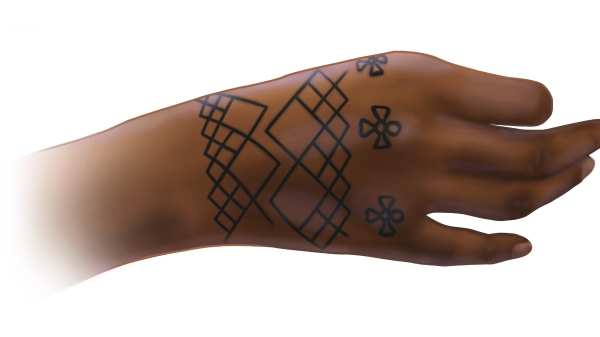New research program aims to help parents, kids with ADHD

Traditional interventions are routinely parent-focused, and when those parents are unable to effectively deliver the intervention because of their own ADHD, neither party is able to benefit. The HEAT Clinic is aiming to change that.
The Hyperactivity, Executive dysfunction, and Attention problems (HEAT) Clinic in the ASU Department of Psychology is launching a new research project that is hoping to uncover treatment and prevention options for parents and children who both have attention-deficit/hyperactivity disorder, also known as ADHD.
It is estimated that 9–10% of students in schools have ADHD, and in many cases, they inherited the traits from their parents. According to a 2013 twin study done in Sweden, it is estimated that between 60–90% of ADHD cases in kids were inherited from their parents.
“What we know works best for elementary school-age kids is behavioral parenting skills, where parents learn and apply skills that help set their kids up for success. But what we also know is that when parents also have ADHD, they really struggle to apply the skills, and kids end up not doing as well with these programs,” said Lauren Friedman, assistant professor of psychology and director of the HEAT Clinic.
“Our lab is working towards developing an intervention to help both parents and kids at the same time. We are trying to identify what needs to be in a new parenting skills treatment program that actually helps parents with ADHD overcome the challenges that they experience when applying skills.”
Traditional interventions are routinely parent-focused, and when those parents are unable to effectively deliver the intervention because of their own ADHD, neither party is able to benefit.
The HEAT Clinic is aiming to change that.
“There really isn't a treatment out there for families who have intergenerational ADHD, and it's a large proportion of the families — estimates say about half of families — so this project will be some of the foundational research that we will use in designing future specialized treatment for these families,” Friedman said.
“Our clinic will provide complete diagnostic assessments for both the parent and child free of charge, so a previous diagnosis is not required. Eligible families will participate in a free, eight-week, evidence-based, behavioral parenting intervention, and provide feedback about their experiences with the program."
In a clinical setting, these assessments and treatment programs can be expensive and costly for families, and depending on the provider, can end up costing thousands of dollars. This limited opportunity available through the ASU Clinical Psychology Center is free for families, and those who successfully complete the program will also be compensated.
Anecdotally, many parents can identify symptoms of ADHD in their personal lives, such as difficulty focusing attention, challenges with multitasking and time-management, and difficulty organizing and planning their family’s commitments and tasks. Previous generations of parents may have met the diagnostic threshold but never realized they were experiencing ADHD.
“A common myth is that ADHD impacts attention in every task, but what we know is that when those with ADHD are doing tasks they enjoy, like watching TV, they don’t display the same levels of attention deficit. It is only when they are doing tasks that require a lot of concentration and mental effort that we see ADHD symptoms,” Friedman said.
Friedman’s research on ADHD began because she was interested in the brain and wanted to help kids. She selected ADHD research specifically because it's a neurodevelopmental disorder, and it was a natural fit to explore her interest in studying the brain and helping families and kids at the same time.
“A big focus for me is that ADHD is a mental health disorder that was thought to be due to a lack of control, or a lack of motivation. Kids were being blamed for ‘not trying hard enough,’ but now we understand that there's a biological cause to ADHD,” Friedman said. “This shift allows us to focus on putting measures in place to help mitigate those negative impacts that we see in kids and families.”
For interested families who meet the criteria, fill out the interest form and someone from the HEAT Clinic will be in contact with you. For additional questions, email the clinic at [email protected].
More Science and technology

ASU researchers shed light on ancient tattoos in the Nile Valley
Long after an archaeological excavation, discoveries can still be made. One such example of this is newly discovered tattoos from…

ASU’s LEAPS lab marks a decade of energy impact
Nathan Johnson doesn't mince words when it comes to Earth's energy requirements.“The world needs every electron it can get to…

Smarter tools for peering into the microscopic world
The microscopic organisms that fill our bodies, soils, oceans and atmosphere play essential roles in human health and the planet’…